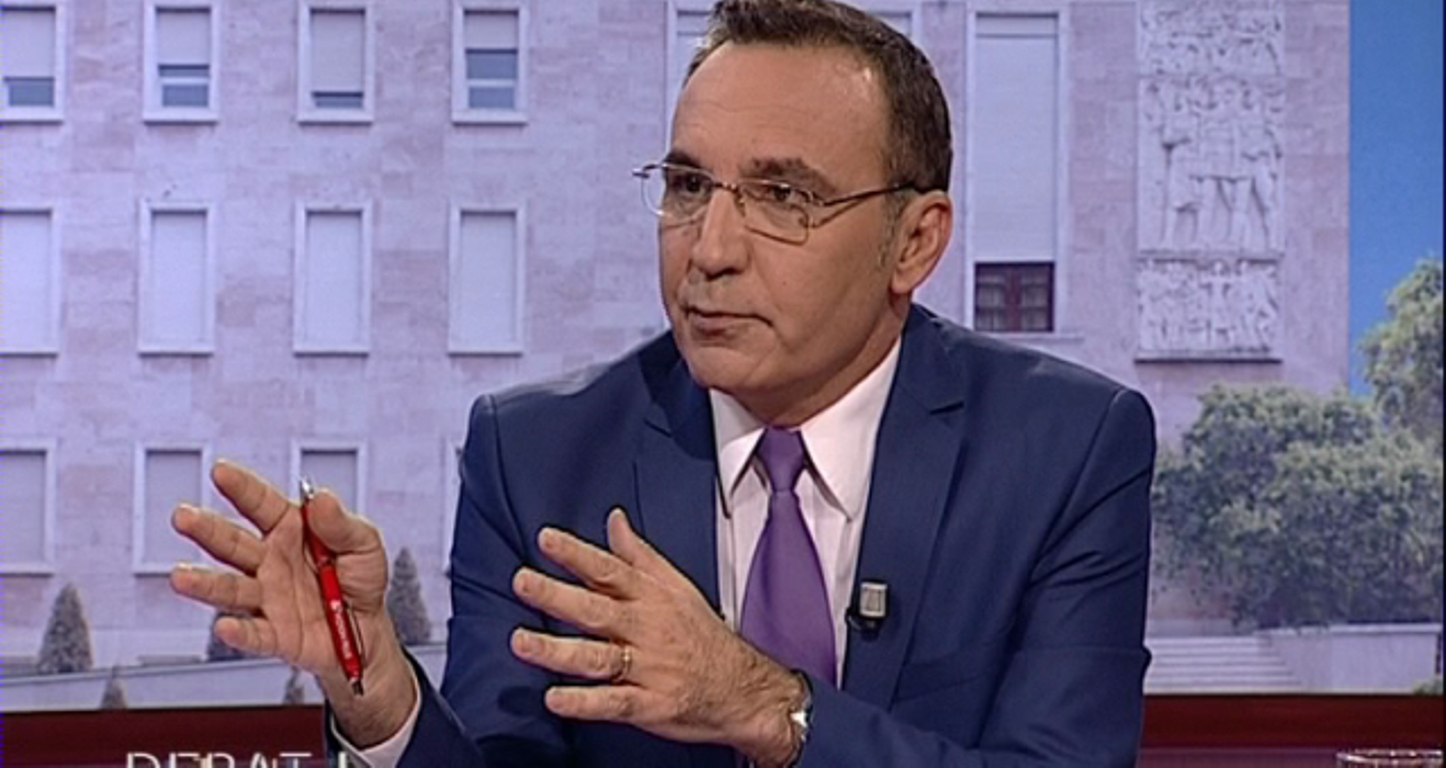
Each party entered the June 25 race with the aim of obtaining as many votes as possible from their natural electoral pool and even aim to go beyond this goal. The natural electoral pool of a given political party consisted of voters who had voted this party and its ally parties four years ago and the children of these voters (who had turned 18 and become eligible to vote).
In this article, I shall analyze how each main political party managed to attract votes from its natural pool in the territory of the municipality of Tirana (not the circuit of Tirana), because this municipality makes up the best political barometer of the country. Ramiz Alia could not manage to win a seat in Tirana in 1991, while his party obtained 67% of seats in other areas of the country (while a year later, the rest of Albania followed the example of Tirana, by giving Ramiz Alia only 33% of the seats in parliament).
The Central Election Commission data on the June 25 elections, show that the Democratic Party and the Republican Party (which was formally in the race as its ally) managed to obtain only 65% of the votes of their natural electoral pool, while another “right wing” party, New Democratic Spirit Party, could only obtain 17% of the votes of its electoral pool.
In the left wing, the Socialist Party managed to obtain 90% of its electoral pool, with a deficit of 19 thousand votes. Half of the deficit could be explained with the 8700 votes that were received in Tirana by LIBRA Party led by Ben Blushi, while the rest, with the growth of SMI with 11 votes beyond its electoral pool.
On June 25, turnout in the elections was around 60 thousand people less than the natural pool of total turnout in Tirana. Meanwhile, deficit in the turnout of right wing voters (DP+RP+NDS) was 55 thousand. The discrepancy of 5 thousand votes in this case corresponds with the growth of PJIU with 1700 votes beyond its electoral pool and the votes that new parties such as CHALLENGE or APD received.
By going down from a macro level of the analysis (on a municipality level) to a micro level (on a polling station level), we will see that in the majority of 896 polling stations in the territory of the municipality of Tirana, there’s a strong correlation between the fall in turnout and the drop in right wing votes. There’s only a small number of polling stations in remote villages of the municipality where votes have been transferred from the right wing to the left wing.
In circumstances when there’s a constituency between the fall in turnout and the fall in the number of right wing votes (both in the macro and micro level), the likelihood that there may be a significant vote buying in the territory of the municipality of Tirana on June 25, is very small.
Over 90% of voters in this municipality live in the 11 former boroughs and the areas with nice apartment blocs and villas around them. The majority of voters only greet their neighbors when encountering them in the stairs or the lift. Family voting (which continues in rural areas of Albania) is almost inexistent in Tirana. It often happens that within a family from Tirana, the husband may vote different to the wife or the parents may vote differently from the children. With such voters, vote buying could only work in sporadic cases.
To sum up, we can say that the statistical analysis above suggests that the fall in the number of right wing votes in the territory of the municipality of Tirana is explained almost entirely by the fall in the turnout of right wing voters. If there has been vote buying by left wing political parties in Tirana, this may have been sporadic. (For the shift of votes from the Socialist Party to the Socialist Movement for Integration Party and vice versa, a separate analysis is needed.)
Note: The views expressed in this article are the author's own and do not necessarily reflect Albanian Free Press’ editorial policy.
